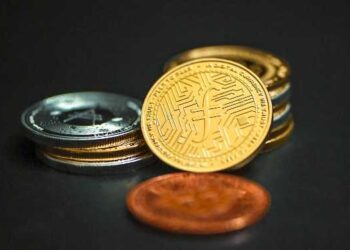The Role of Behavioral Economics in Personal Finance
When it comes to managing our personal finances, we often think that our decisions are rational and based on calculated choices. However, the field of behavioral economics suggests otherwise. This interdisciplinary approach to understanding human behavior and decision-making combines insights from psychology, economics, and sociology to explain why individuals often make irrational choices, especially when it comes to money. Understanding the role of behavioral economics can have a significant impact on the way we approach personal finance and make better financial decisions.
One of the key insights of behavioral economics is that human decision-making is influenced by cognitive biases. These biases are systematic patterns of deviation from rationality, and they can affect how we perceive and evaluate financial options. For example, the status quo bias refers to our preference for sticking to the current situation or default option. This bias often prevents us from making necessary changes in our financial habits, such as switching to a better credit card or saving for retirement. By becoming aware of this bias, we can actively challenge the default option and make more informed choices.
Another crucial concept in behavioral economics is loss aversion. According to this principle, individuals feel the pain of loss more strongly than the pleasure of gaining an equivalent amount. This bias can lead to poor financial decisions, as people are often overly cautious when it comes to taking risks. For example, we may prefer to keep our savings in low-interest savings accounts rather than invest it in higher-yielding assets due to the fear of losing money in the stock market. Recognizing this bias can help us strike a balance between risk and reward and make more profitable investment decisions.
Moreover, behavioral economics highlights the importance of framing in decision-making. The way a choice is presented can significantly influence our perceptions and choices. For instance, a product advertised with a discount is more appealing than the same product at its regular price, even if the discount is negligible. This framing effect can lead to impulsive buying decisions and unnecessary spending. By actively considering the framing of financial choices, we can avoid falling into the trap of unnecessary expenses and focus on long-term financial goals.
Behavioral economics also emphasizes the role of emotions in decision-making. Traditional economics assumes that individuals are purely rational, but behavioral economics recognizes that emotions play a significant role in our financial choices. For instance, impulsive buying decisions are often driven by immediate gratification and a desire to feel good. By understanding the emotional aspects of our financial decisions, such as the tendency to spend more when we are stressed or sad, we can develop strategies to overcome these impulses and make more sound financial choices.
In conclusion, the field of behavioral economics provides valuable insights into human decision-making and how it affects personal finance. By understanding the cognitive biases, loss aversion, framing effects, and the role of emotions, individuals can make better financial decisions and improve their overall financial well-being. By incorporating these insights into our personal finance strategies, we can set ourselves up for long-term financial success and achieve our financial goals more effectively. So, let us embrace the principles of behavioral economics and take control of our financial future.












